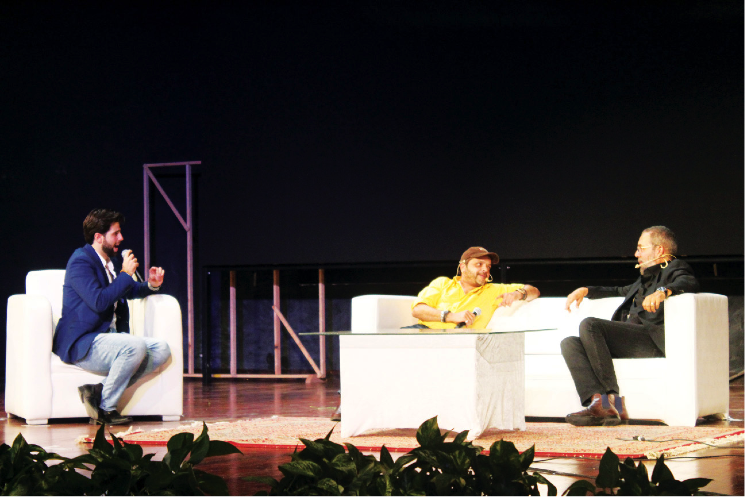Opinion: A Novel Shift to Online Student Union Elections
BY: Lilian Gamal
@LillianGamal
The unfortunate spiraling outbreak of the COVID-19 coronavirus has made its way to impact academic processes at AUC.
The massive qualitative shift in education for professors to teach online hasn’t been precisely enriching for the decent majority of students. The typical, engaging seminars and lectures became challenging to deliver as comfortably as before, prior to the apocalyptic flair of what we’re living.
The challenges were further exacerbated when it came to the issue of assessment and grading. How do you administer exams or assign work and then grade students in a fair manner that does not hinder their four-year progress?
A student created an the online petition pushing for the Pass/Fail alternative in hopes AUC would adopt this. From then on, the Student Union (SU) contacted him, and handled the petition, to ensure amassing the largest number of responses to present to the administration.
The SU proved to be capable and reliable, as a union made up of students, for other students.
To utmost fruition, the university has agreed to implement a Credit (CR)/Fail option, alongside the normal grading system.
A huge success like this has won over the student body, and has definitely stopped them in their tracks, maybe to reflect more before criticizing the SU.
This relieving academic triumph with the administration is also fitting, with the SU elections for a new administration to be held next week. However, one must return to the main motif of virtuality: the voting process is an online procedure.
The traditional SU Presidential debate is expected to take place online today at 3pm via Zoom webinar. An email was sent out earlier the other day to the AUC community, containing the link to access the debate and watch it online.
The entire online shift requires a new strategy of its own. Abiding by the Electoral Code of Ethics will be uniquely tough, as it’s hard to keep track of the lobbying and campaigning done by supporters of both candidates.
No candidate, or a candidate’s supporter, is allowed to seize the current situation or anything the SU does, and claim responsibility for its success as his or her own. Any circulating content online is the responsibility of the candidate.
Graduates or non-AUCians are typically not allowed to campaign on-ground for a candidate running for SU. Monitoring outsiders (non-AUC, or AUC graduates) will be critical, and will cost candidates in violations that would harm their vote count.
There will be clear guidelines when it comes to spamming and bombarding WhatsApp groups with publicity posts and other campaigning content. Once again, keeping track of online violations will be tricky, as opposed to previous elections.
Publicity and campaigning should stir clear from academic platforms such as Blackboard, Zoom class meetings, class Whatsapp groups, or any other academic telegram groups.
Should there be a breach of conduct in campaigning on academic platforms, without tangible proof of a professor’s permission, grave disciplinary measures will be taken against campaigners in question.
In addition, it’s also going to be hard to contain anti-campaigning (false allegations, accusations) taking place by a candidate’s competitors.
Evidently enough, more students are visibly encouraging other students to partake in the voting process. Facebook timelines are flooded with many posts and videos shared by both teams.
Students are digesting the importance of choosing the candidate worthy of presidency, as it’s the very same individual who would represent these students in Academic Year 20/21.
A unique link will be emailed to each person for a one-time vote submission. Any disclosure of votes among students and friends would count as a violation of course.
The electoral process of Spring 2020 will be an exceptionally challenging and hectic one, but if there’s anything we’re hopeful for, it’s that the SU will continue to work to meet student needs.




